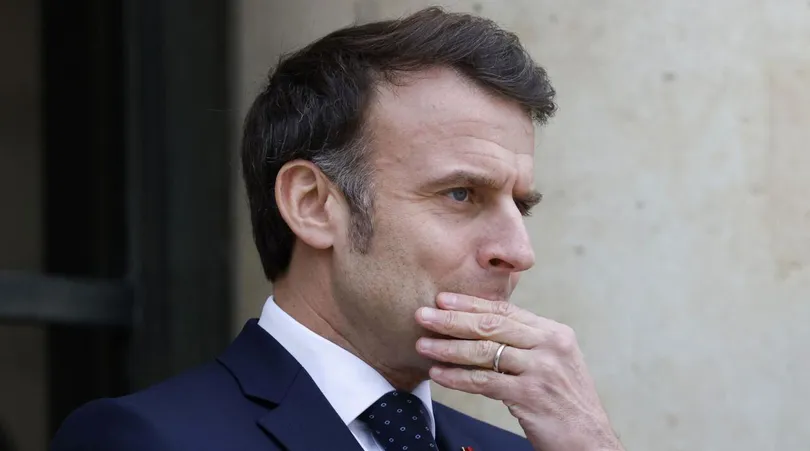France's Nuclear Strategy Sparks Debate Across Europe
Paris, France – March 2, 2025
French President Emmanuel Macron has announced his willingness to discuss the future of nuclear deterrence in Europe, urging European nations to consider a more collective security strategy. His remarks come amid growing geopolitical tensions, particularly concerning Russia’s military actions and the shifting dynamics within NATO.
France’s Role in European Defense
During a speech in Paris, Macron reaffirmed France’s commitment to European security, stating that the country’s nuclear arsenal could serve as a deterrent for the broader European Union. As the EU’s only nuclear-armed state since the UK’s departure, France holds a unique position in European defense strategy.
"Europe needs to rethink its strategic autonomy in an era of uncertainty," Macron said, emphasizing that stronger European cooperation is necessary given the evolving threats in the region. He stopped short of suggesting a shared EU nuclear policy but signaled an openness to discussions on enhancing Europe’s collective defense.
NATO and the Shift in U.S. Policy
Macron’s proposal comes at a time when NATO’s cohesion is under scrutiny. With uncertain U.S. support for European defense due to shifting political landscapes, European leaders have expressed concerns over the reliability of NATO’s security guarantees.
Some NATO members view Macron’s call for a European nuclear deterrent as a necessary step toward reducing dependence on the U.S., while others fear it could undermine transatlantic unity.
Diverse Reactions from European Leaders
Responses from European capitals have been mixed. German officials cautiously welcomed the idea but stressed that any discussion of nuclear deterrence should align with NATO’s framework. Meanwhile, Polish leaders voiced skepticism, emphasizing the continued necessity of the U.S. nuclear umbrella in Europe.
Far-right leader Marine Le Pen criticized Macron’s statements, arguing that France’s nuclear capabilities should remain strictly under national control.
Future Implications
Macron’s remarks could mark the beginning of a broader conversation on European defense independence. Whether the EU can or should develop a more unified approach to nuclear deterrence remains uncertain, but the discussion is likely to gain momentum as global security concerns persist.
Key Takeaways
- Macron is open to discussions on a European nuclear deterrence strategy.
- France remains the EU’s only nuclear power post-Brexit.
- The proposal comes amid concerns over NATO’s future and U.S. commitment.
- European leaders have mixed reactions, with some advocating caution and others supporting stronger EU defense cooperation.
As tensions with Russia and other global powers continue to evolve, the future of European defense remains a crucial topic on the international stage.

